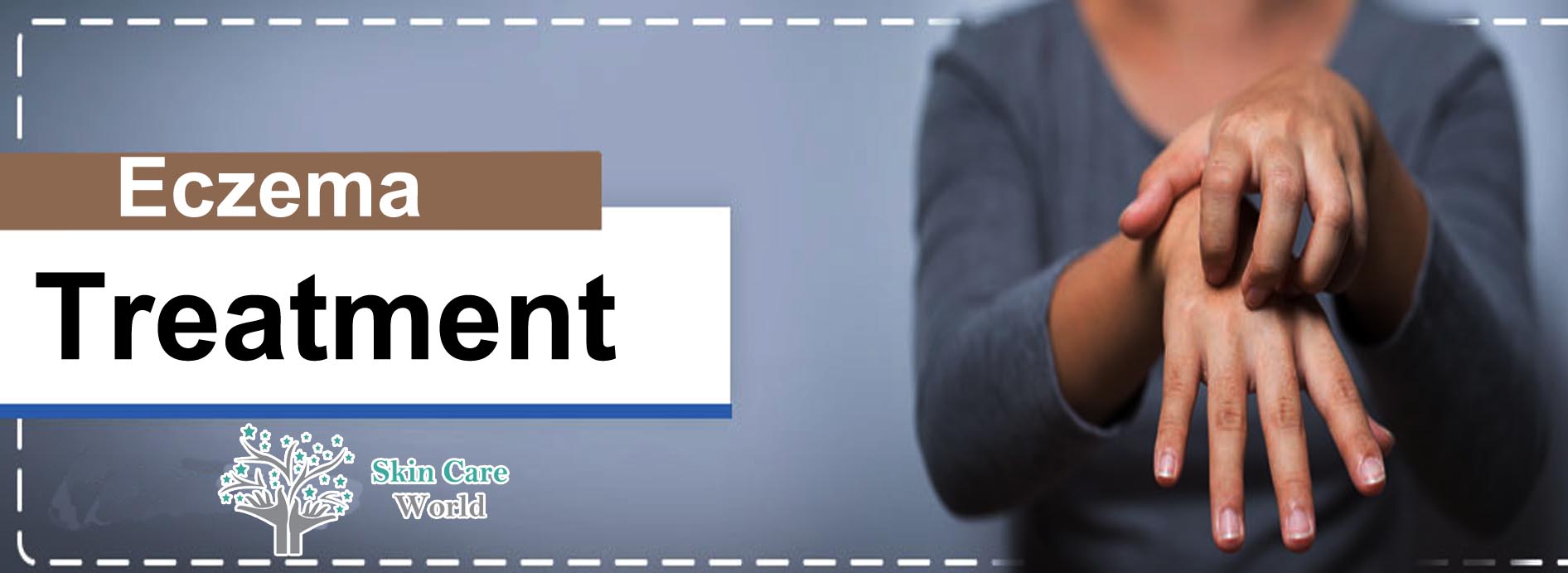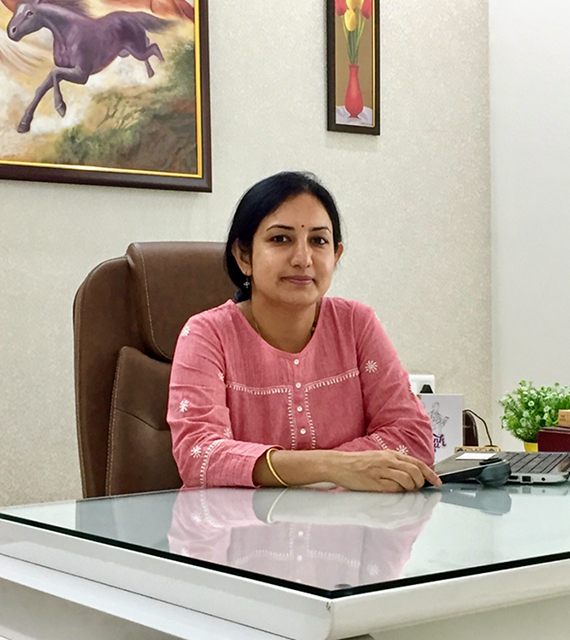
Atopic Dermatitis is a common skin problem that makes your skin red and itchy. This skin issue is common in children but can occur at any age and can be found in both men and women. It generally occurs on the skin area that flexes; behind the knees or inside the elbows. The rash can become watery on scratching. It is a chronic disorder and tends to flare periodically. It may be accompanied by asthma or hay fever.
The signs may widely vary from person to person. Some common symptoms include:
Eczema often begins as an infant and may persist into adolescence and adulthood. For some people, it flares periodically and then clears up for a time.
It\'s a high time to see your doctor if the condition; is affecting sleep and daily activities, has a skin infection — look for red streaks, pus, yellow scabs symptoms don\'t fade away with home remedies.
A healthy skin prevents an attack from bacteria, irritants, and allergens. Atopic dermatitis is a skin disorder linked to the skin\'s inability to provide this protection, making your skin prone to external elements.
Following are the factors that can increase the chances of eczema.
Asthma and hay fever: Eczema may precede these illnesses. Commonly, young children with eczema develop asthma and hay fever by age 13.
Chronic itching: A skin condition that starts with a patch of itchy skin. Scratching the area can make it even itchier, leading the affected skin to get discolored, thick and leathery.
Skin infections: The skin may get open sores and cracks on repeated scratching resulting in increased risk of infection from bacteria and viruses.
Irritant hand dermatitis: It is more common with people who work with wet hands and are exposed to harsh soaps, detergents, and disinfectants.
Allergic contact dermatitis: This condition is common in people with atopic dermatitis.
Disrupted sleep: The itch-scratch condition can lead to a disturbed sleep.
Following certain tips may help prevent flares, minimizing the drying effects and making things easier for you:
Moisturizers Creams, ointments, and lotions seal moisture in the skin making it healthy. Moisturize your skin repeatedly to prevent drying.
Identify your skin triggers Analyze the response of your skin to certain triggering agents and avoid them to prevent your skin condition get worse. Some triggering factors may be sweat, stress, obesity, soaps, detergents, dust and pollen. Reduce your exposure to your triggers.
Food allergies Children may develop flares from eating certain foods, which may include eggs, milk, soy, and wheat. Identify your potential food allergies.
Nor less neither too much time in the water Take 10 to 15 minutes baths. Use Luke warm water, rather than cold or hot water.
Bleach bath Taking a bleach bath twice a week may help to prevent flares. A diluted-bleach bath fights bacterium on the skin and may decrease infections You may soak the affected areas of skin for about 10 minutes.
Use only gentle soaps Harsh soaps, those with deodorants and antibacterial agents may dry out natural oils of your skin.
Dry your body after bath Use a soft towel to pat dry your skin and apply moisturizer on a little damp skin.
Preventions may help to stop the Eczema but what to do if you still have eczema problem!!
Consult with Skin specialist- Dr. Savita Yadav in Gurgaon to get treatment for your Atopic dermatitis.

